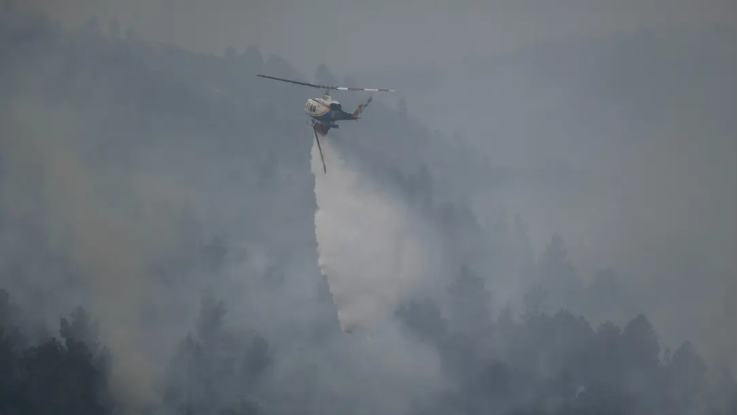UN Issues Call to Rescue Hundreds of Rohingya Adrift at Sea
The UN refugee agency (UN High Commissioner for Refugees - UNHCR) warned on Monday that about 400 Rohingya Muslims aboard two boats reportedly out of supplies and adrift on the Andaman Sea, off the coast of Thailand, could die without life-saving rescue efforts....

Facts
- The UN refugee agency (UN High Commissioner for Refugees - UNHCR) warned on Monday that about 400 Rohingya Muslims aboard two boats reportedly out of supplies and adrift on the Andaman Sea, off the coast of Thailand, could die without life-saving rescue efforts.1
- UNHCR has urged all countries in the region, especially those in the area surrounding the Andaman Sea, to deploy their full search and rescue capacities to find the two unseaworthy vessels in distress.2
- This comes as 139 Rohingya refugees, including women and children, arrived in a single boat in Indonesia's Aceh on Saturday despite locals threatening to push them back to sea. More than 1K refugees landed in the province last month, the biggest wave of Rohingya arrivals in the country since 2015.3
- According to the UN refugee agency, 3,722 Rohingya have taken the risky boat trip across the Andaman Sea so far this year, surpassing the number during all of 2022 to become the highest figure since 2015. 225 people who set out this year have died or gone missing.4
- Approximately 740K Rohingya Muslims have fled Buddhist-majority Myanmar since a military crackdown in 2017 to allegedly overcrowded refugee camps in Bangladesh. Some have left the camps by sea to try to reach Muslim-dominated Malaysia, with many ending up in Indonesia or Thailand.5
- In October, the Hague-based International Court of Justice (ICJ) once again extended deadlines for written arguments in the Rohingya genocide case between Gambia and Myanmar, filed on behalf of the Organization of Islamic Cooperation. Myanmar's junta will have until December 2024 to submit its counter-argument.6
Sources: 1ABC News, 2UNHCR Indonesia, 3Myanmar Now, 4VOA, 5Associated Press and 6Radio Free Asia.
Narratives
- Pro-establishment narrative, as provided by Al Jazeera. The Rohingya people have desperately risked their lives crossing the ocean for years, trying to find a safe place to live after suffering human rights abuses in Myanmar. This crisis has exposed structural flaws in the Association of Southeast Asian Nations (ASEAN), as its rules made it possible for Myanmar to prevent regional powers from investigating the scale of human rights abuses and taking action to halt them. ASEAN must better align with the norms of the rules-based international community.
- Establishment-critical narrative, as provided by DW. It's hypocritical to criticize solely ASEAN when Western democracies have done nothing to help the Rohingya — even though the International Court of Justice has long called for measures to protect those persecuted. While this is likely to be a consequence of fears that Myanmar would strengthen ties with Beijing if pressed, not acting to preserve the universal validity of human rights can only damage the West's reputation — the plight of the Rohingya at sea is the world's responsibility, including and especially Western nations.






